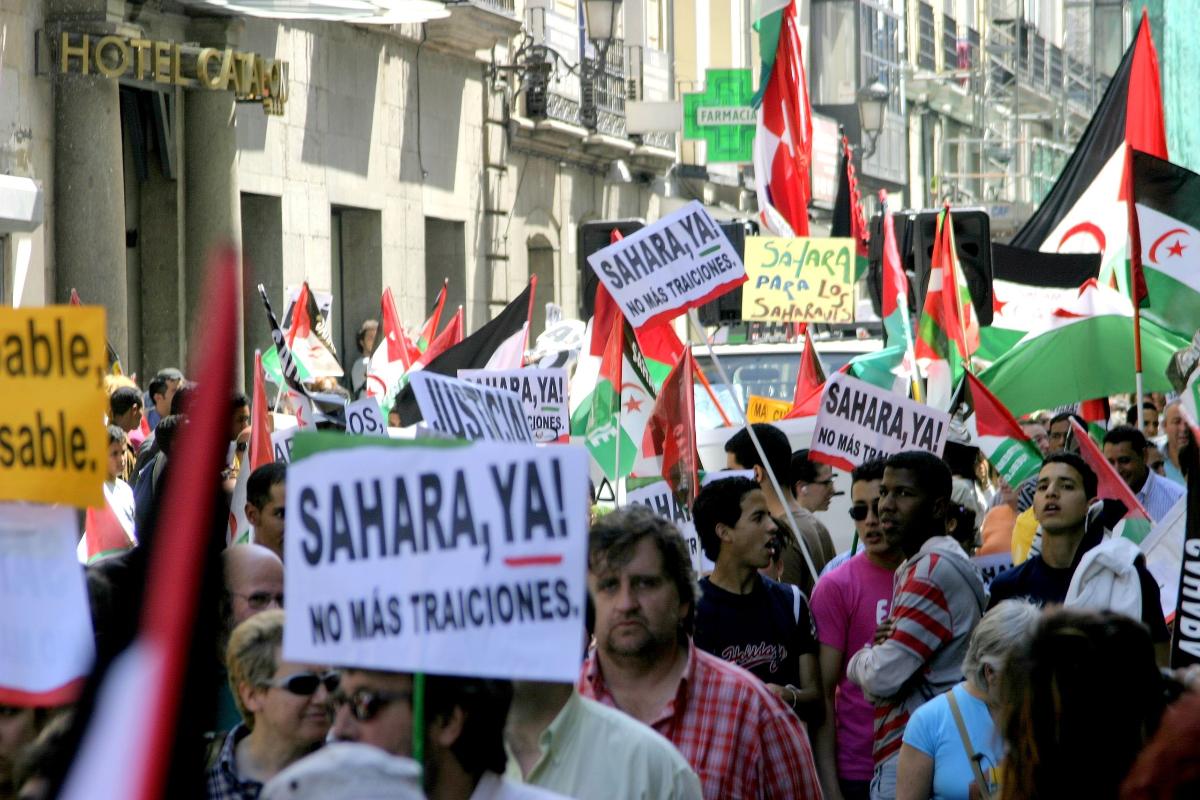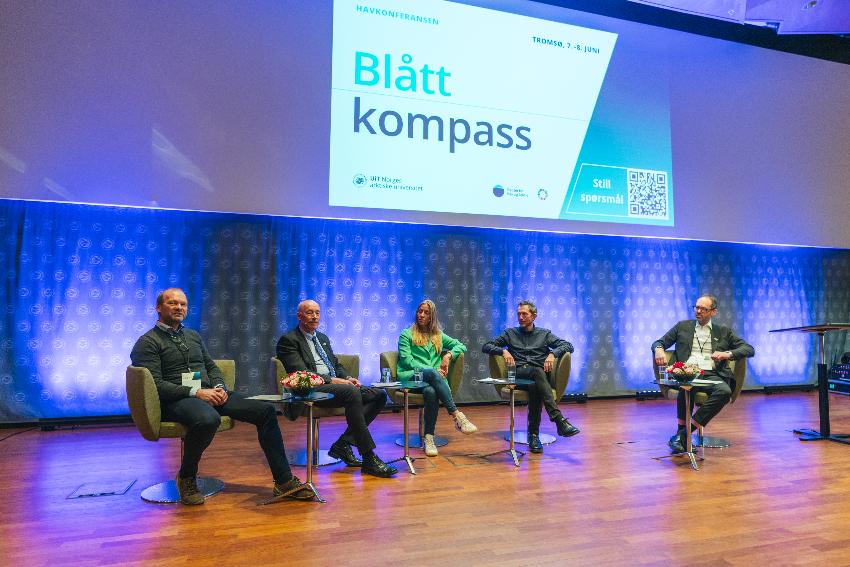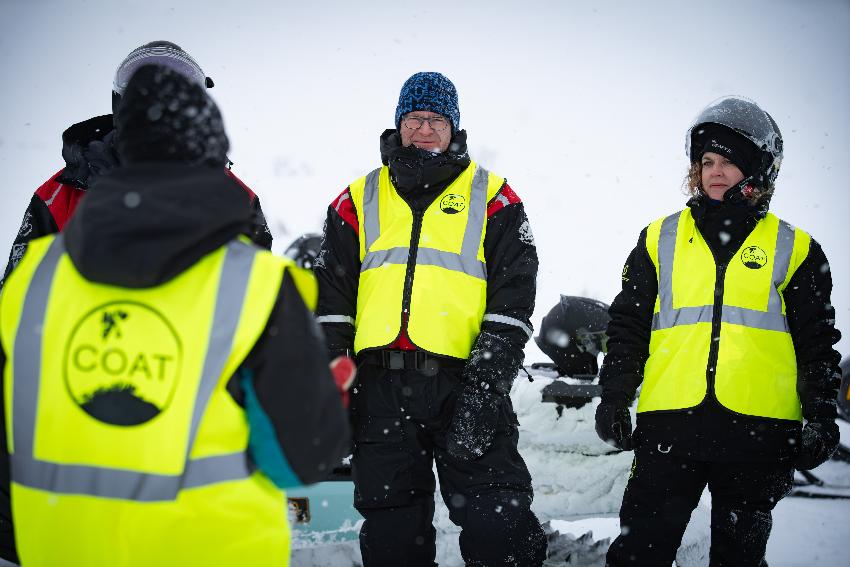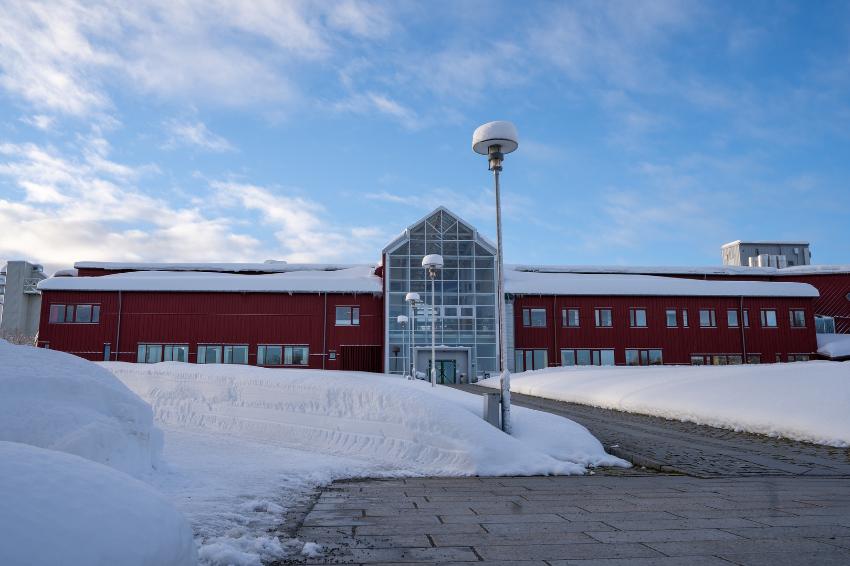The security situation in Western Sahara by Dr Marc Lanteigne
Dots Not Connected:The US, Morocco, and the Potential Resumption of the Western Sahara Conflict.
Marc Lanteigne, UiT: The Arctic University of Norway – Political Science

The outgoing government of Donald Trump had been persistently seeking an eleventh-hour foreign policy accomplishment in the wake of several high-profile failures over the past four years, including the ineffective nuclear weapons deal with North Korea, the unsuccessful attempted regime change in Venezuela, and the stalemated trade conflict with China. In the past few months, North Africa and Southwest Asia have become major diplomatic focuses of the waning Trump administration, culminating first in the Washington-brokered agreements by Bahrain and the United Arab Emirates to formally recognise the state of Israel, collectively referred to as the Abraham Accords, in August of this year.
This past October, the government of Sudan also agreed to normalise relations with Israel, albeit partially due to pressure exerted by Washington regarding the removal of Khartoum from the US list of terror sponsors. This agreement has proven controversial with Sudan itself, and each of these agreements, while successful in further opening communication lines throughout the region, will do little in addressing the core regional conflict over the political status of Palestine.
This month, a fourth government in the region, Morocco, also agreed via US mediation to open diplomatic relations with Israel. However, as with the Sudan agreement there were considerable political strings were attached. Foremost amongst these and announced by Mr Trump, (via tweet of course), on 10 December was a ‘proclamation’ he signed which recognised Moroccan authority over Western Sahara, suggesting that Morocco’s proposed autonomy for the disputed territory was the only ‘realistic’ option for a lasting peace.
Western Sahara is a sparsely populated northwest African territory, (approximately 550 thousand people), which was under Spanish occupation until 1975, when administration of the territory was de facto transferred jointly under the Madrid Pact to Mauritania and Morocco by the Spanish government. The arrangement was immediately disputed by a group, later named the Frente Popular para la Liberación de Saguia el-Hamra y de Río de Oro (Polasario Front), that demanded full independence for the territory, declaring the creation of the Sahrawi Arab Democratic Republic in 1976. Armed conflict erupted shortly afterwards, and while Mauritania ended its involvement in the dispute in 1979, the Moroccan government continued to press its claims on the whole of Western Sahara. The fighting between Morocco’s armed forces and the Polisario Front escalated by the end of the 1980s, with the former making significant gains including capture of key cities, land resources and fishing areas.
In 1991, the United Nations, which at this time was being called upon to assist with ending several intractable conflicts considered unsolvable during the cold war, including civil wars in Cambodia and East Timor, was able to oversee a ceasefire in the Saharan conflict. The UN Mission for the Referendum in Western Sahara (Mission des Nations Unies pour l'Organisation d'un Référendum au Sahara Occidental - MINURSO) was established in April of that year in the hopes of ending the fighting and sponsoring a referendum on Western Sahara’s future political status. However, the MINURSO operation remains in place almost three decades later, and the dispute would become a textbook example of a frozen conflict, given the lack of progress in creating a ‘positive peace’, meaning one built on increased development, goodwill and progress, in the region. Nonetheless, the UN peacekeeping operation was expected to continue until at least October 2021.
The autonomy proposal mentioned in Mr Trump’s tweet was one which was introduced by the Moroccan government to the United Nations in 2007, a deal which would ensure a degree of self-rule granted to Western Sahara but only in exchange for the recognition that the land was Moroccan territory. This option was rejected by the Polisario Front, which has maintained that the political status of Western Sahara could only be effectively decided by a popular vote. The PF has also been critical of what it sees as ongoing Moroccan efforts to occupy both urban areas and regions rich in raw materials including phosphates.
Despite Moroccan policies, Western Sahara remains on the UN’s list of ‘non-self-governing territories’. Several African states as well as other governments such as Cuba and Venezuela have recognised the SADR and the Sahrawi Republic also has representative offices in Africa and other parts of the world, including in Europe. Next-door Algeria has been the strongest backer of the SADR, and the Polisario Front itself, and thousands of Sahrawi refugees are based in camps near the Algerian town of Tindouf. Morocco withdrew from the then-Organisation of African Unity in 1984 over regional criticism of the country’s actions in Western Sahara, and was only readmitted in 2017 to the OAU’s successor organisation, the African Union, (the SADR is also a member of the AU).
At present, Morocco occupies approximately three-quarters of Western Sahara, with the Polisario Front controlling the remaining territory. Even before the announcement by Washington, the ceasefire in the territory had begun to fray at the edges in recent months, especially after the Moroccan military entered into a UN-sponsored buffer zone in the Guerguerat region, setting up a sand wall, as a response to incursions by Polisario forces in the area, including blocking a land route between Morocco and Mauritania. The PF responded by saying that Morocco’s actions have threatened to reignite hostilities, and vowed to walk away from the 1991 agreement, while the Moroccan government has insisted that it stands by the ceasefire.
The Trump government may consider Morocco’s stance on Western Sahara to be a fait accompli, underscored by a new US government map subsequently issued which includes the territory as part of Morocco, but the political and security situation on the ground will likely be far less orderly. The Polisario Front has predictably condemned the Trump administration’s actions, and the Algerian government has also denigrated the move, arguing that American recognition of Moroccan claims to Western Sahara violates previous UN resolutions covering the peace process. As well, no other Western country, nor organisations such as the European Union and the UN, are showing signs of following the United States’ lead. China has also avoided publicly addressing the issue of Western Sahara’s political status, given Beijing’s expanding economic relations not only with Morocco but also frontline governments like Algeria and Mauritania as part of the Belt and Road initiative in Africa.
The immediate effects on both the MINURSO mission and ongoing UN mediation in Western Sahara are also unclear, as well as the chances of a long-promised referendum actually taking place. The situation creates a conundrum for the incoming US government of Joseph Biden, as reversing American recognition of Morocco’s claim on Western Sahara would also break apart the Israeli-Morocco accord.
However, leaving the situation as is may accelerate the deterioration of the ceasefire in Western Sahara, as the PF and its supporters may feel that they have little else to lose by recommencing the conflict, a decision which would not only affect the territory itself but also the immediate region. Renewed fighting may also affect the border regions with Algeria and Mauritania, and potentially create another flashpoint in the greater Sahel and environs, regions which have already been affected by conflicts and growing instability in Burkina Faso, Mali and Niger, as well as the ongoing Tigray conflict in Ethiopia.
One of the major critiques of American foreign policy under Mr Trump has been its adoption of overtly transactional approaches, which have often ignored multilateralism and international law, as well as a tendency towards expediency over substance, as was demonstrated by the ultimately empty US summit diplomacy towards North Korea. By frenetically attempting to create a last-ditch American diplomatic achievement, and at times neglecting to connect necessary dots in the process, the Trump government may, on its way out the door, be setting in motion the re-emergence of a long-dormant unresolved conflict in Africa.
.jpg)



